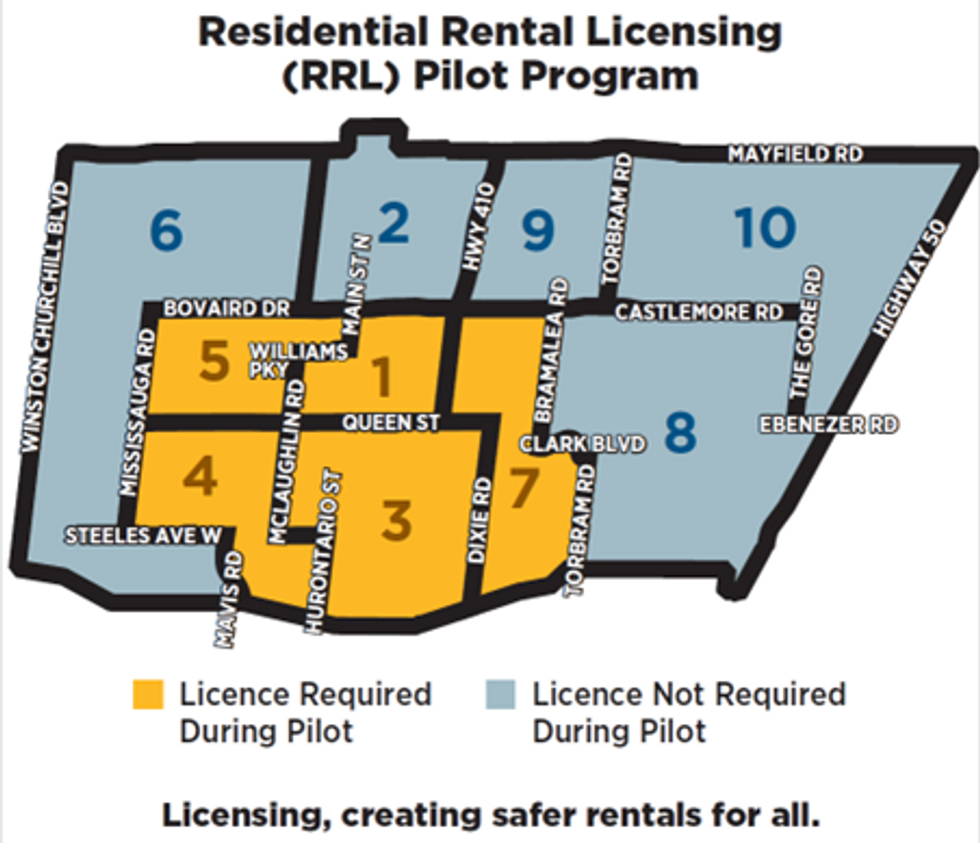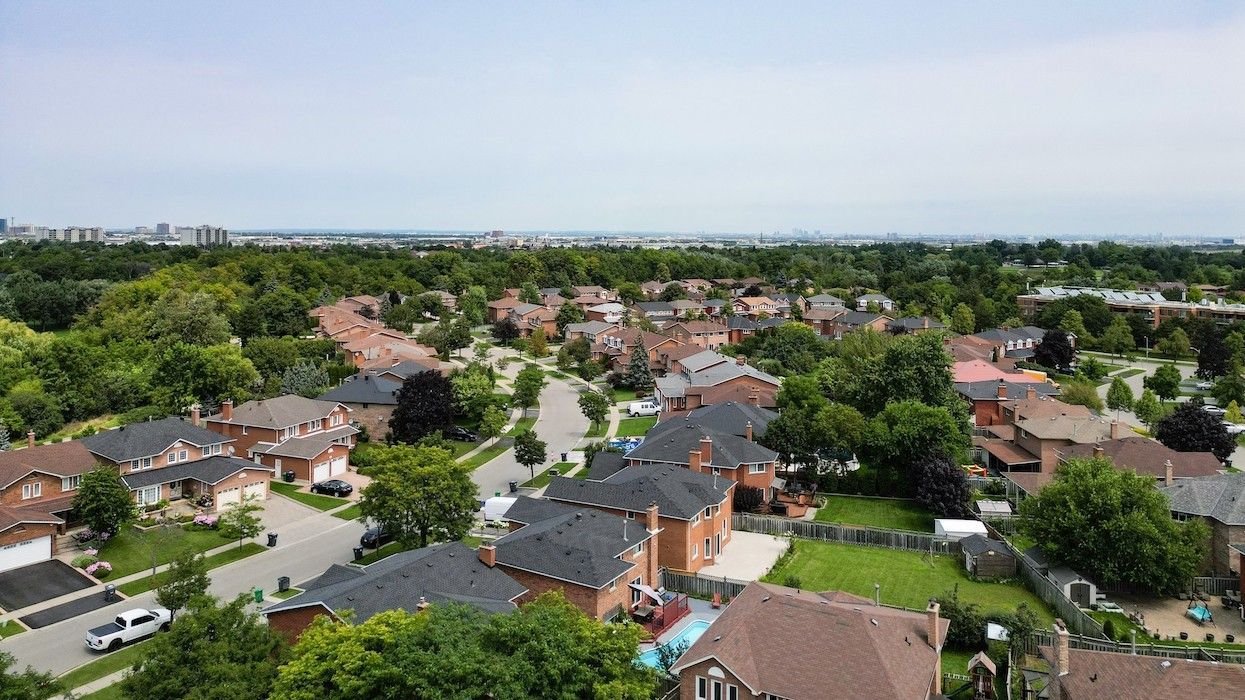The City of Brampton kick-started the year with the launch of a new pilot program designed to curb illegal rentals.
The Residential Rental Licensing (RRL) pilot program, which began on January 1, was first announced in the spring after receiving unanimous approval from Brampton city councillors in late March.
Now that the pilot is in effect, those who own or operate a property containing between one and four rental units are required to obtain a licence. Licensing costs are $300 per year with fees waived during the first three months of the pilot and discounted by 50% between April 1, 2024, and June 30, 2024, according to a press release from the City.
“Registered second units, unregistered residential rental units, and additional residential units (ARUs) will be included in this program,” the release also said.
Those who fail to adhere to the city’s new licensing requirements will face a fine.

The pilot is currently applicable to rental property owners and operators in Wards 1, 3, 4, 5, and 7. Back in March, Councillor Rowena Santos explained the choice to focus on those wards (excluding Ward 7, which appears to be a late addition to the bunch) to start, saying in a motion that these are the areas that have the highest concentration of service requests related to property standard violations.
Santos has said that a program like this one is long overdue, and responds to the uptick in rental units, garden suites, and lodging homes in Brampton, as well as the declining quality of those accommodations.
“We have received a significant increase in complaints related to property standards and parking, particularly in two-unit dwellings and illegal lodging houses. Enforcement faces challenges in addressing these complaints, such as difficulty in contacting property owners,” Santo said shortly after the RLL program was approved.
In an update published more recently on her website, Santos said that the RLL program “aims to ensure that landlords are compliant with all applicable laws and regulations, that rental units are safe and habitable for tenants, and that property standards are upheld.”
She added that the program “also serves as a critical mechanism to make sure that fire code requirements are implemented,” as “properties would be subject to random inspections as well as escalating fines for repeat violations.”
- Brampton to Curb Illegal Rentals, Hold Landlords Accountable With New Pilot Program ›
- Brampton Pauses Landlord License Program Weeks After Launch ›
- Brampton To Resume Landlord Licensing Pilot Despite Outcry ›
- Brampton Looking At Steeper Fines For Rental Licensing Pilot ›
- City Of Brampton Relaunches Contentious Landlord Licensing Pilot ›





















